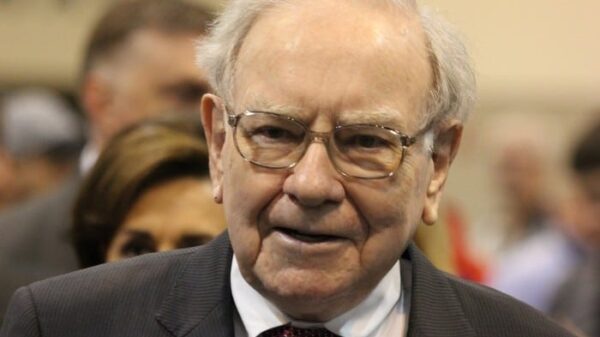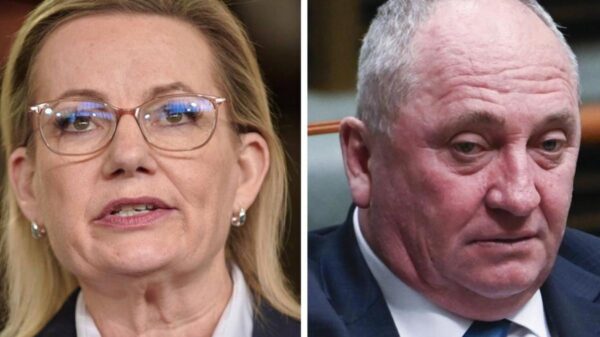US President Donald Trump announced a significant agreement with Pfizer to reduce prescription drug prices for low-income patients enrolled in the country’s Medicaid program. In exchange, Pfizer will adopt a “most favoured nation” pricing strategy for new drugs, which aligns US prices with those paid in other countries. This decision comes as part of Trump’s broader initiative to pressure pharmaceutical companies to lower their prices, which currently are among the highest in the world.
During an event at the White House, attended by Pfizer CEO Albert Bourla and Health Secretary Robert F. Kennedy Jr., Trump emphasized the need for the US to stop subsidizing global healthcare costs. “The United States is done subsidising the healthcare of the rest of the world,” he stated. The agreement marks Pfizer as the first pharmaceutical company to publicly commit to this price reduction strategy, which Trump has been advocating since sending letters to 17 major drug manufacturers earlier this year.
Details of the Agreement
Under the terms of the agreement, Pfizer will make several prescription drugs available at discounted rates through a new direct-to-consumer platform called TrumpRx. This website aims to provide US consumers with access to medications at prices up to 85 percent lower than current retail costs. Specifically, drugs such as rheumatoid arthritis treatment Xeljanz, migraine relief Zavzpret, dermatitis medication Eucrisa, and osteoporosis drug Duavee will be offered at significant discounts.
Moreover, the launch of this initiative has positively impacted Pfizer’s stock, with shares increasing by 5 percent to reach $25.05. This response reflects investor optimism surrounding the potential for increased sales through the new platform.
Trump’s administration is also planning to implement a 100 percent tariff on imports of branded or patented pharmaceutical products starting October 1, 2023, unless companies build manufacturing plants within the US. This strategy is part of a national security investigation aimed at evaluating tariffs on the pharmaceutical industry.
Broader Implications and Future Actions
The rising costs of prescription drugs have become a critical issue in the US, with new medications frequently entering the market at prices exceeding $370,000 annually. A recent analysis by Reuters highlighted that these costs more than doubled from previous years, raising concerns about the value patients receive for such high expenditures. Currently, over 70 million individuals are enrolled in the Medicaid program, with an additional 65 million benefiting from Medicare, which serves seniors and disabled individuals.
In response to this growing crisis, Bourla announced a substantial investment of $70 billion in research and development, as well as domestic manufacturing, indicating Pfizer’s commitment to enhancing its presence in the US market. “We are ready to unleash our investment portfolio in this country,” Bourla said, noting that the president’s three-year grace period from tariffs would facilitate these developments.
The negotiation with Pfizer is part of a larger strategy by the Trump administration to lower drug prices and enhance domestic production, aiming to alleviate financial burdens on American patients. As the situation develops, the impact of these measures on the pharmaceutical industry and healthcare costs will become clearer in the coming months.





























































